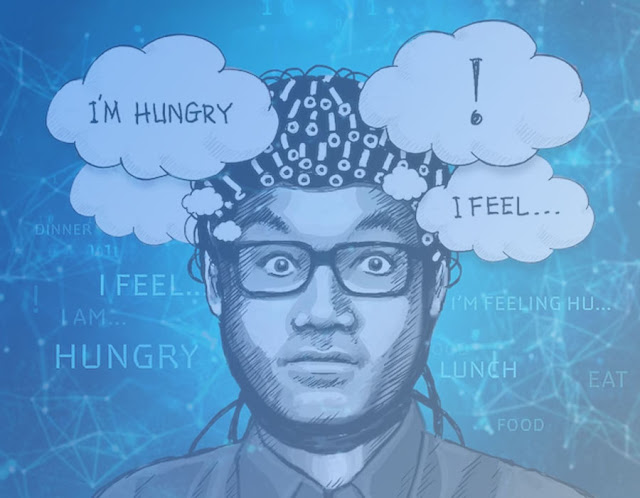Australian researchers have developed a cutting-edge AI model that converts brainwaves into text, offering immense potential for stroke recovery, autism speech therapy, and more.
Sydney, Australia – June 22, 2025
In a groundbreaking advancement in the field of neuroscience, researchers at the University of Technology Sydney (UTS) have developed an artificial intelligence (AI) system capable of translating brainwaves into written text—turning thoughts into words. This innovative technology repurposes electroencephalogram (EEG) technology, traditionally used for diagnosing brain disorders, to decode human thoughts and convert them into specific words.
Led by PhD student Charles (Jinzhao) Zhou, along with supervisors Chin-Teng Lin and Dr. Leong, the AI model employs deep learning algorithms to interpret the brain's electrical signals, as captured by a 128-electrode EEG cap. In one demonstration, Dr. Leong was able to think the phrase "I am jumping happily, it’s just me," and the AI model successfully translated his thoughts into text without him speaking a word.
While the AI model is still in its early stages, it has been trained on a small set of words and sentences, simplifying the process of recognizing and interpreting each word. The system works to filter out noise, clarifying the brain signals, which can overlap on the skull's surface. According to the team, the model’s non-invasive approach comes with some limitations in precision, as it cannot access the part of the brain directly responsible for decoding words.
Unlike invasive technologies like Elon Musk’s Neuralink, UTS’s AI model is non-invasive, making it a safer and more accessible option. This innovation holds vast potential in healthcare, particularly in areas such as stroke rehabilitation, autism-related speech therapy, and communication restoration for patients suffering from paralysis.
The research is part of a growing global trend where AI and EEG technologies are being combined to improve healthcare outcomes. In April 2025, a similar study conducted by researchers at Mass General Brigham used AI to predict cognitive decline in patients by analyzing subtle changes in brain activity during sleep. The tool showed promising results, with an 85% accuracy rate in identifying individuals at risk of cognitive decline.
As AI and neuroscience continue to converge, the potential for life-changing applications in medicine and communication is rapidly expanding, offering new hope for those suffering from neurological conditions.
